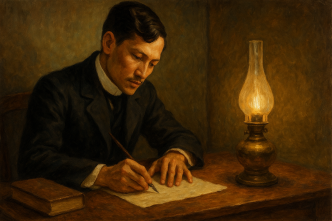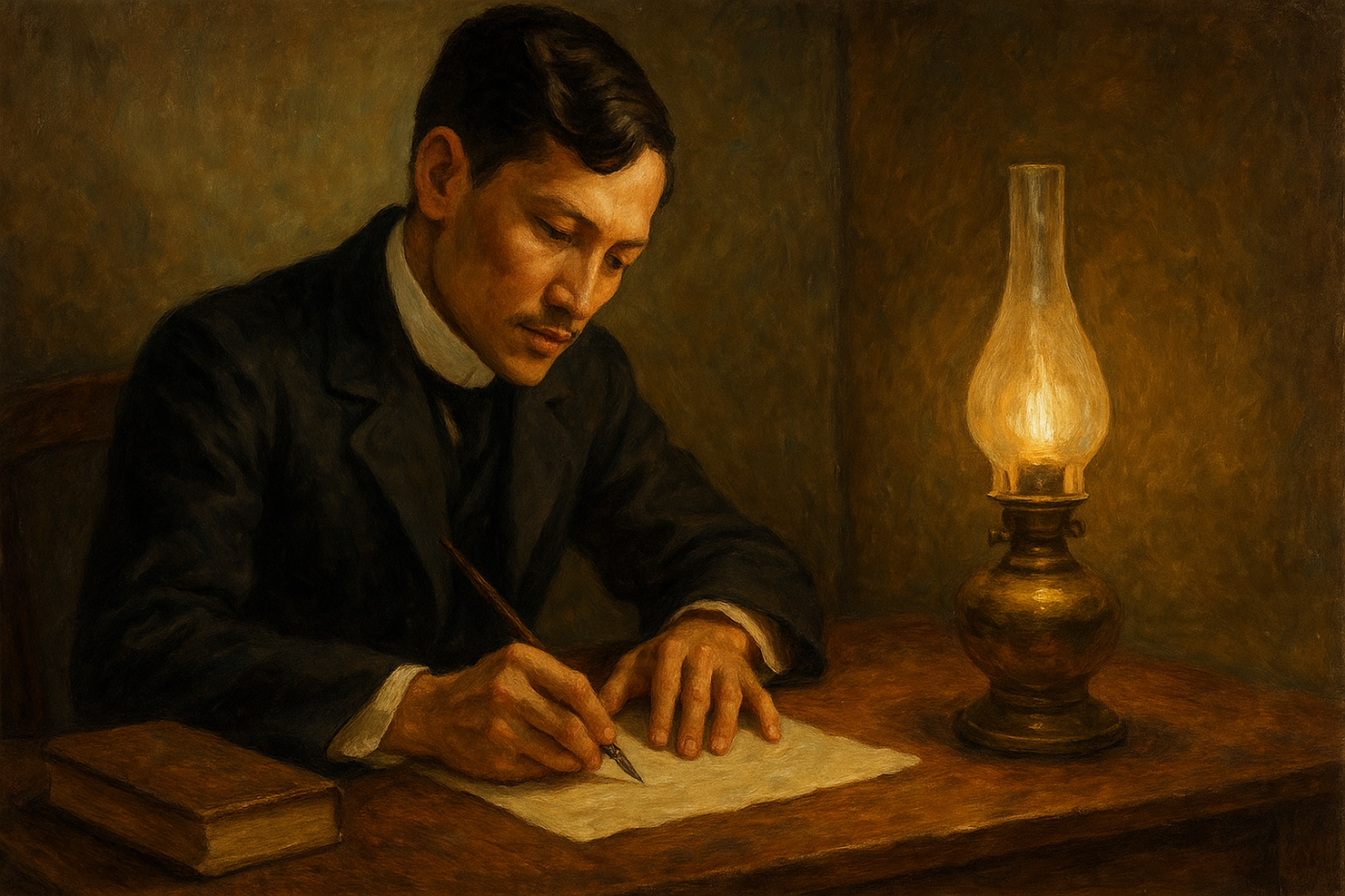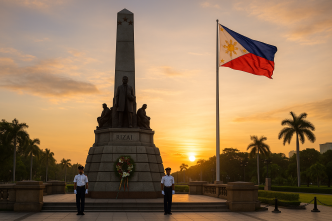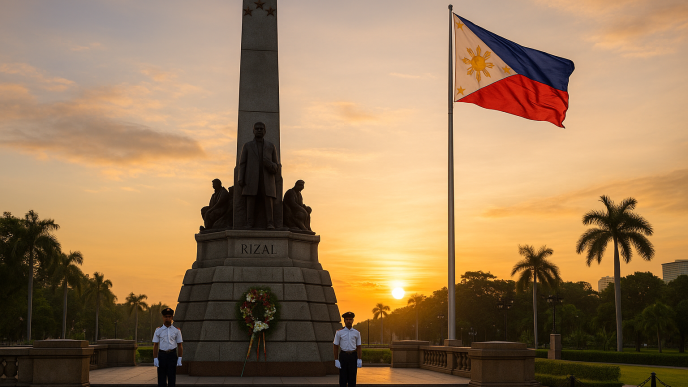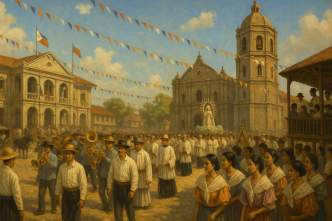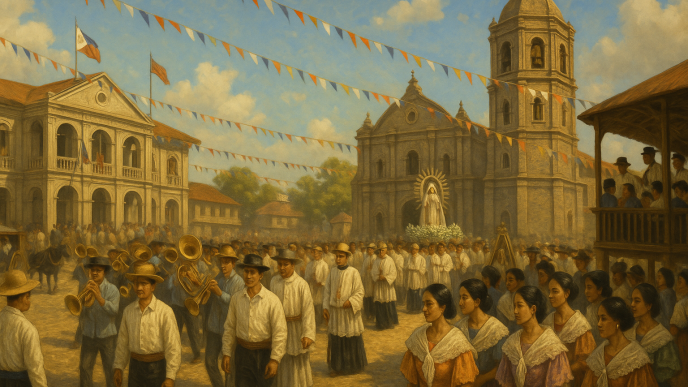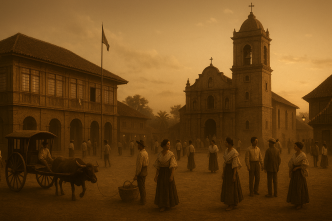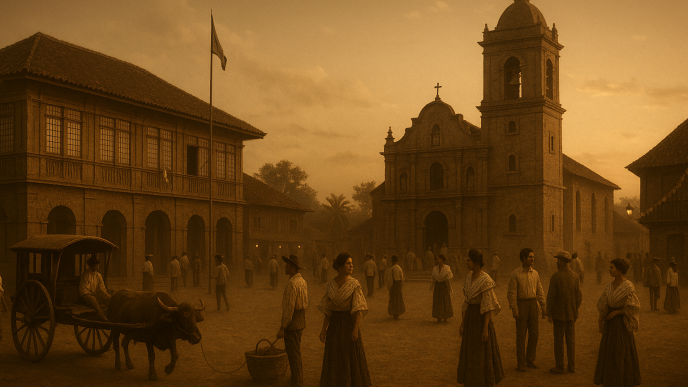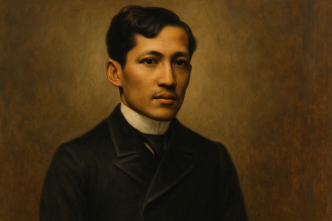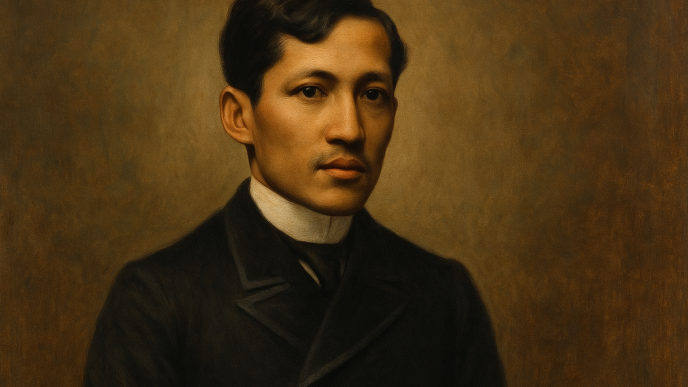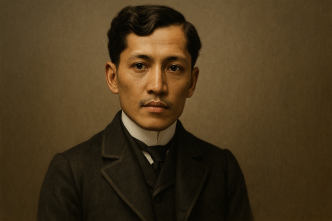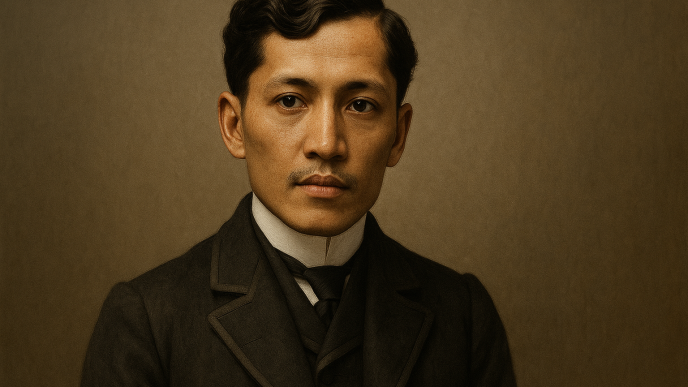More than a century after his execution in 1896, José Rizal remains a living presence in Philippine life — on the currency we spend, the streets we traverse, the schools we attend, and the holidays we keep. But the deeper relevance of Rizal is not in marble statues or commemorative ceremonies; it is in the habits of mind and heart he modeled: rigorous thinking, ethical courage, and civic love.
For modern Filipinos navigating a fast-changing, digitally saturated, and globally entangled world, Rizal’s legacy offers a practical playbook for becoming citizens who can both critique and build their nation.
A legacy shaped by context and character
Rizal grew up in nineteenth-century Calamba under Spanish colonial rule, and he matured into a physician and writer who saw that the real struggle was not simply against a foreign power but against the internal forces that make oppression possible: ignorance, complacency, factionalism, and fear. He studied in Manila and Europe, becoming an ophthalmologist to “heal eyes” both literally and metaphorically. His novels Noli Me Tángere and El Filibusterismo used art to put a mirror before society; his essay “To the Young Women of Malolos” defended women’s education; and his civic group La Liga Filipina imagined Filipino nationhood grounded in law, mutual aid, and participation.
Exiled in Dapitan, he did not retreat—he taught, built a small school, mapped the coastline, nurtured a cooperative, and designed a waterworks system. When executed at Bagumbayan on December 30, 1896, he left not only a martyrdom but also a method: reform the nation by reforming minds, institutions, and daily practices.
The core ideas of Rizal, and why they still matter
1) Intellectual independence. Rizal believed a free nation requires free minds. He pursued learning across disciplines—medicine, languages, engineering, botany—so that truth, not rumor or rhetoric, would guide action. Today, when social media easily rewards outrage over evidence, Rizal’s insistence on careful reading, cross-checking sources, and arguing in good faith is revolutionary. Intellectual independence is the antidote to both colonial mentality and algorithmic manipulation.
2) Civic nationalism. Rizal loved the Philippines without hating the world. His nationalism was not built on exclusion but on dignity and responsibility. He wanted a Philippines that could stand shoulder-to-shoulder with other nations precisely because Filipinos cultivated competence and character. This posture serves modern Filipinos well in a globalized economy: compete internationally, but invest locally; draw from the world, but strengthen what is Filipino.
3) Moral courage and principled dissent. Rizal refused to bless injustice, even when speaking up jeopardized his safety. He attacked corruption, clerical abuse, and the self-serving elites of his time—not to humiliate but to heal. In the present, where public discourse can be polarized and performative, Rizal’s example reminds Filipinos that dissent is most powerful when it is principled, precise, and oriented toward reform.
4) Human dignity and the rule of law. Rizal’s activism was anchored in the belief that every person—women, peasants, laborers—bears inherent worth. He argued for rights within a framework of law, not vengeance. For a modern society wrestling with impunity, inequality, and extrajudicial shortcuts, Rizal’s insistence that justice be legal, transparent, and humane is a stabilizing compass.
5) Service through competence. Dapitan is the best commentary on his philosophy: before dreaming of national salvation, improve irrigation, teach children, start a cooperative. He modeled leadership through competence—solving tangible problems without fanfare. In an era of influencer culture, Rizal’s quiet, practical service is a counter-narrative: authority flows from expertise plus empathy.
Where Rizal meets today’s challenges
Good governance and anti-corruption. Rizal’s critique of abuse and hypocrisy is painfully current. The call is not to cynicism but to citizenship: scrutinize budgets, attend barangay hearings, file FOI requests, audit promises versus outcomes, reward integrity at the ballot box. Rizal does not permit passive spectators; he invites active co-authors of the republic.
The digital public square. Filipinos are among the world’s heaviest social media users. Rizal would urge a higher standard for online participation: read beyond headlines, verify before sharing, separate facts from memes. He would remind creators that virality without virtue can deform culture. To be “Rizalian” online is to elevate the conversation: cite sources, correct errors graciously, and use platforms to educate as well as entertain.
Education that forms builders, not just takers. Our exam-driven system sometimes reduces learning to credentials. Rizal’s example pressures schools to cultivate interdisciplinary thinkers who can write clearly, code ethically, analyze data, and understand history. It also challenges parents and local officials to invest in libraries, laboratories, and teacher development—because a nation cannot outgrow the quality of its schools.
Diaspora and global citizenship. Millions of Filipinos live and work abroad. Rizal, who thrived across cultures while remaining deeply Filipino, offers a template: master global skills, maintain cultural roots, and reinvest in the homeland—through remittances, mentorship, technology transfer, and advocacy. The diaspora can be a Rizalian force multiplier: bridging opportunities for Philippine startups, hospitals, and universities.
Peace and pluralism. Rizal’s nationalism rejected narrow tribalism. Applied today, that means treating diversity—ethnolinguistic, religious, regional—not as a threat but as a national asset. It means supporting peace processes, respecting indigenous rights, and making sure national policies truly work in Mindanao, the Cordilleras, and island provinces—not just in Metro Manila.
Economy and entrepreneurship. In Dapitan, Rizal started small enterprises and encouraged cooperative models. Modern equivalents are social enterprises and MSMEs that create dignified jobs and solve local problems—from agri-tech and fisheries to logistics and healthcare access. A Rizalian entrepreneur measures success not only by profit but by the value created for communities and the environment.
Environment and stewardship. Rizal the naturalist collected specimens and documented the land. In a country vulnerable to climate change, his respect for nature translates into practical commitments: mangrove protection, sustainable fishing, watershed management, climate-resilient infrastructure, and disaster-risk education. National love includes the care of seas and forests.
Language and culture. Rizal wrote in Spanish, Tagalog, and more, choosing the language that best served his audience and aim. In a multilingual Philippines, the lesson is to embrace linguistic richness: promote Filipino and regional languages in culture and early education, teach English and other languages for global mobility, and refuse the false choice between the two. Culture thrives when translation builds bridges.
Rizal and the everyday Filipino: turning ideals into habits
Rizal’s relevance is clearest when we translate his ideals into daily habits:
- Learn deeply, share widely. Commit to one hard thing a year—statistics, welding, bookkeeping, carpentry, basic coding, or advanced writing—and share that skill with someone else. Knowledge becomes nation-building when it circulates.
- Speak responsibly. Before posting, ask: Is it true? Is it fair? Is it helpful? Rizal used satire and sharp critique, but always with purpose. Online, let your feed be a public service: links to scholarship grants, job openings, health advisories, and civic explainers.
- Serve locally. Join the PTA, help a barangay clean-up, assist a neighbor with paperwork, volunteer in medical missions or legal aid. Dapitan reminds us: change scales from neighborhood to nation.
- Build things. Start a cooperative for tricycle drivers, a reading program, a seed bank, a tutoring circle for board-exam takers. Rizal’s heroism included blueprints and budgets.
- Practice ethical patriotism. Pay taxes honestly, follow traffic rules, refuse fixers, and insist on receipts. Patriotism is not only ceremony; it is compliance with the just demands of common life.
Beyond the statue: common misreadings of Rizal
He was not a saint — and that’s the point. Rizal made strategic choices, changed his mind, and wrestled with the limits of his time. Treating him as infallible makes his legacy untouchable and therefore unusable. Seeing him as a complex human makes his path imitable.
He was not anti-revolution; he was anti-recklessness. Rizal believed change must be morally and institutionally sustainable. He feared that rage without readiness would reproduce tyranny. The lesson for our age is not passivity but preparation: organize communities, strengthen institutions, and ensure reforms outlast personalities.
He is not a museum piece. Rizal’s texts are often taught as chores to memorize. But they are diagnostic tools. Reading Noli against contemporary issues—patronage politics, misuse of religion, performative piety—can train students to analyze power with nuance and propose reforms with empathy.
Practical actions for schools, LGUs, and organizations
- Schools: Pair literature with civic labs. After reading Noli, assign students to map a local governance issue, interview stakeholders, and propose a policy memo. Teach media literacy integrated with history. Fund debate and journalism clubs.
- Local governments: Create “Dapitan-style” pilot projects—barangay libraries with after-school tutoring, community gardens managed by co-ops, transparent barangay dashboards showing budgets and outcomes. Award citizens who file the most constructive feedback, not just those with photo-ops.
- Private sector: Offer apprenticeship tracks for senior high graduates, equip MSMEs with accounting and digital marketing workshops, and support social enterprises through procurement. Tie CSR to measurable local outcomes rather than branding.
- Faith and civic groups: Host reading circles on Rizal’s essays and letters, then connect themes to community service—from prison visitation to scholarships for girls (a nod to the Malolos women).
- Media and creators: Produce explainers that connect Rizal’s ideas to current debates—education reform, land use, disinformation—so history becomes a living resource, not trivia.
What a “Rizalian future” could look like
Imagine a Philippines where barangay halls are as data-literate as startups; where teachers are paid and trained to world standards; where public discourse prizes evidence over insults; where overseas Filipinos power local innovation networks; where environmental policy is guided by both science and indigenous wisdom; where young people are trusted to lead, and elders to mentor. This is not romanticism. It is a national project stitched together by millions of competent acts—each one small, honest, and oriented toward the common good—exactly the way Rizal worked in Dapitan.
Conclusion: The unfinished work of freedom
Rizal’s greatest gift to modern Filipinos is a demanding hope. He taught that love of country is not a mood but a discipline; not just the fire of protest, but the patience of institution-building; not just memory of sacrifice, but continuity of service. In an era of fast content and short attention spans, Rizal invites a slower, sturdier citizenship grounded in learning, law, and the daily labor of caring for one another.
His life closes with a gun volley at dawn, but his method begins anew every morning: read widely, think clearly, speak bravely, work skillfully, and serve generously. When Filipinos live this way — in classrooms and kitchens, offices and outposts, barangays and boardrooms — Rizal’s legacy is no longer something we celebrate one day a year. It becomes the ordinary texture of a country steadily becoming what he believed it could be: intelligent, just, and free.
